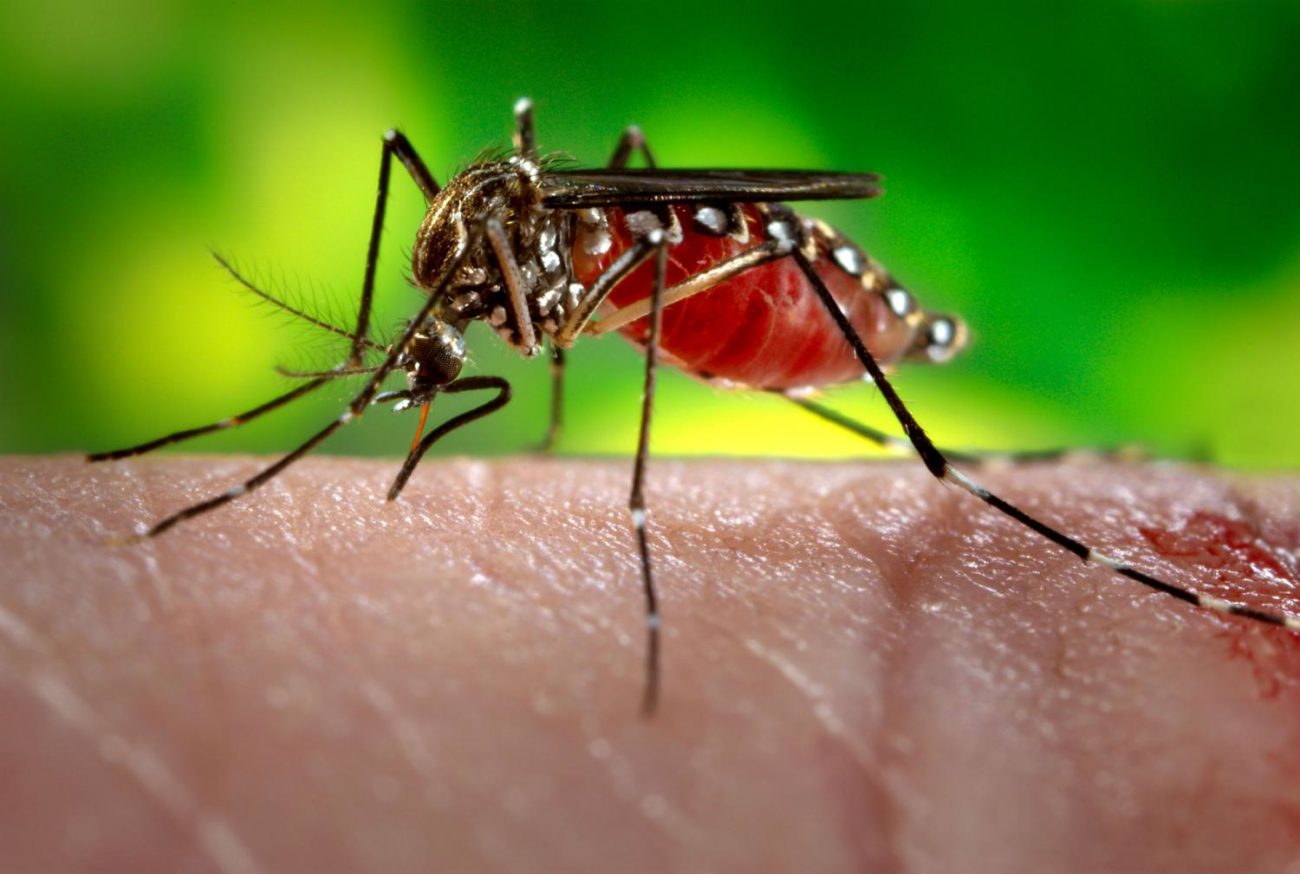Only female mosquitoes bite

Only Female Mosquitoes Bite

Mosquitoes are infamous pests that can make our outdoor experiences less enjoyable. They have a unique ability to annoy us through their painful bites and itchy aftermath. But have you ever wondered why only female mosquitoes seem to have a taste for humans? Let’s delve into this fascinating aspect of mosquito behavior.

Female mosquitoes, primarily of the Aedes, Anopheles, and Culex species, are the culprits behind mosquito bites. On the other hand, male mosquitoes feed on plant nectar and do not require a blood meal for their survival. Understanding this distinction helps shed light on why only the female mosquitoes are drawn to bite humans.
The answer lies in reproduction. Female mosquitoes require blood to develop their eggs. After mating, the female mosquito needs a protein-rich source to develop her eggs, and blood provides all the necessary nutrients. Thus, their biting behavior serves a vital purpose in the continuation of their species.
But how do female mosquitoes locate us so precisely? These adept bloodsuckers have a remarkable ability to detect body heat, carbon dioxide, certain chemicals in our sweat, and even movement. They use all these cues to identify their human targets efficiently.
Interestingly, not all humans are equally attractive to mosquitoes. Factors such as genetics, body temperature, body odor, and even the clothes we wear can influence a mosquito’s preference for its victim. People who have higher metabolic rates, produce more carbon dioxide, or sweat with certain chemicals might be more prone to mosquito bites.
It is essential to understand that mosquitoes do not intentionally spread diseases, but they can act as vectors, transmitting pathogens from one host to another. Some species of female mosquitoes are carriers of deadly diseases like malaria, dengue, and Zika virus, making their bites not just a nuisance but also a health concern.
In conclusion, only female mosquitoes bite humans, as they require a blood meal to develop their eggs. Their ability to locate us is remarkable, thanks to their detection of body heat, carbon dioxide, and other chemicals. Factors like genetics, body odor, and clothing choices can influence a mosquito’s attraction towards individuals. By understanding these aspects of mosquito behavior, we can better protect ourselves from their bites and the diseases they may carry.
Source: Metode.org
Related Posts
Quick Links
Legal Stuff

